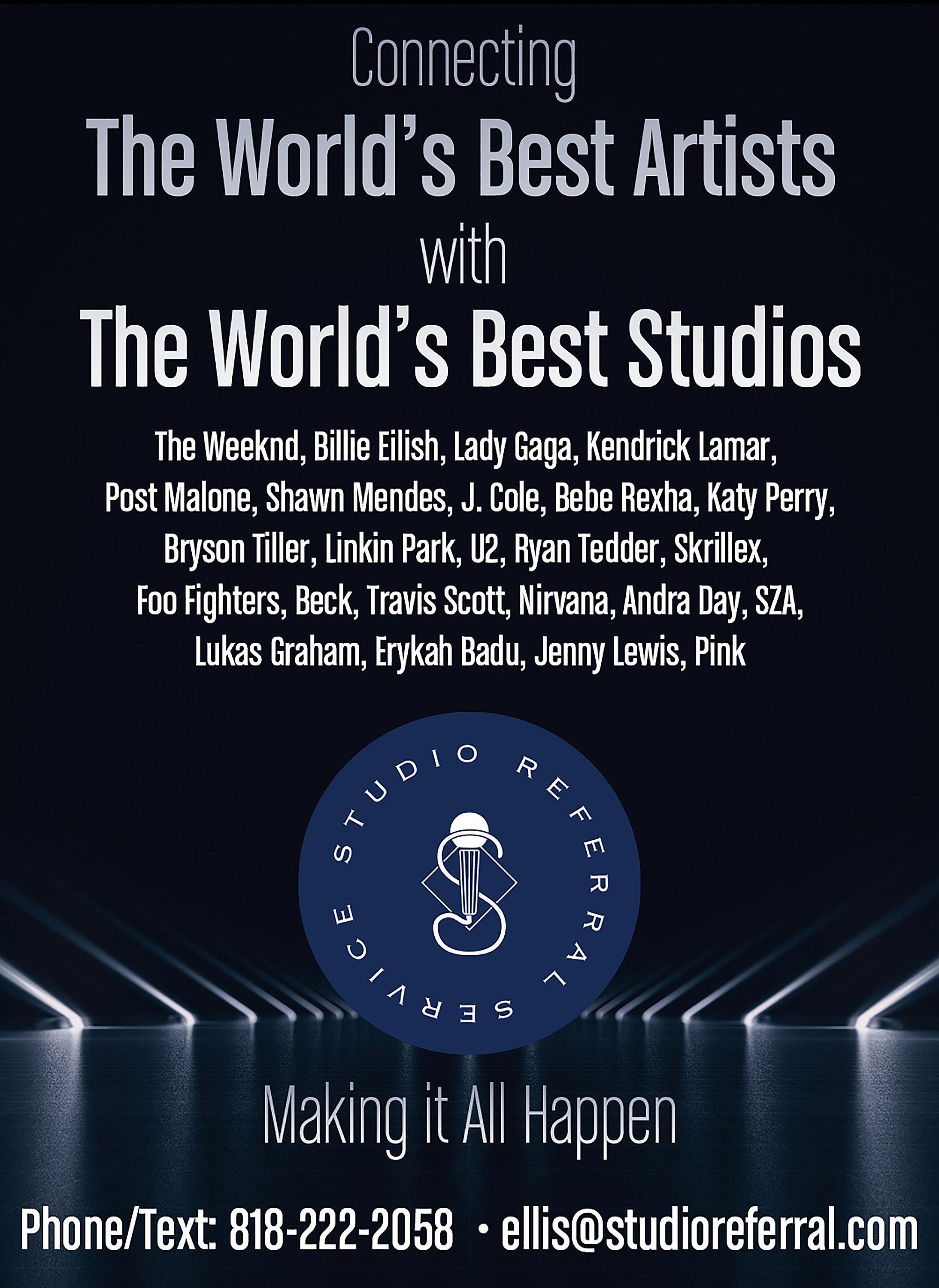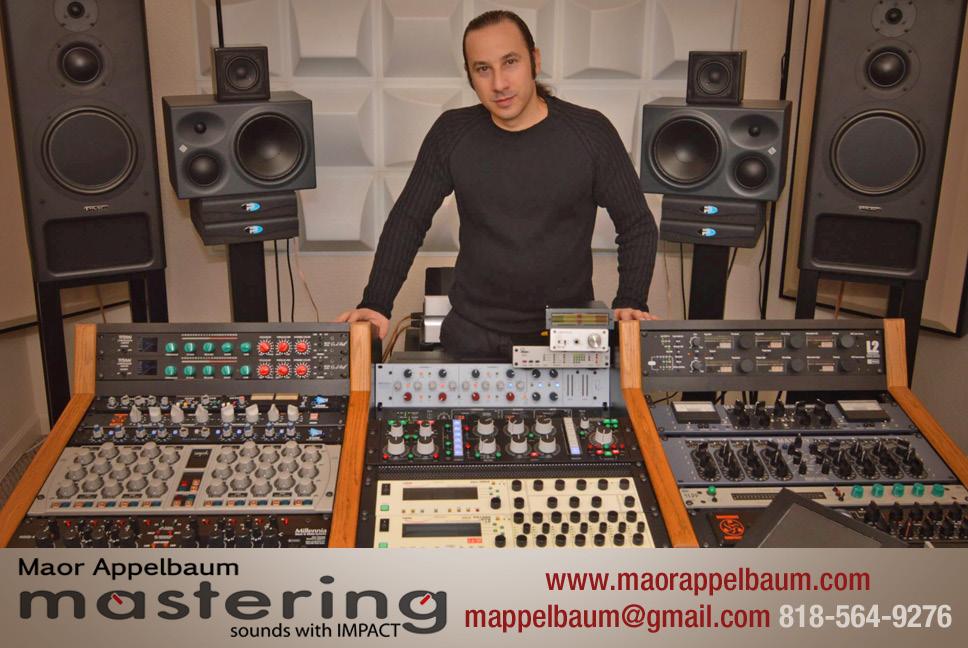
3 minute read
Producer Crosstalk: Adrian Gurvitz . . . . . . . . . . . . . . . . . . . . . . . . . By Rob Putnam
from September 2021
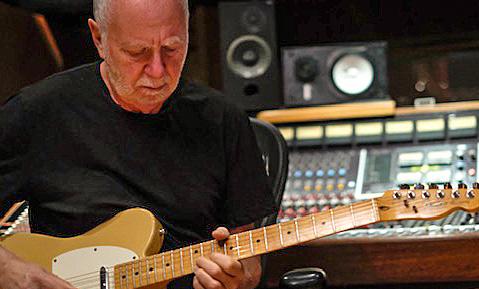
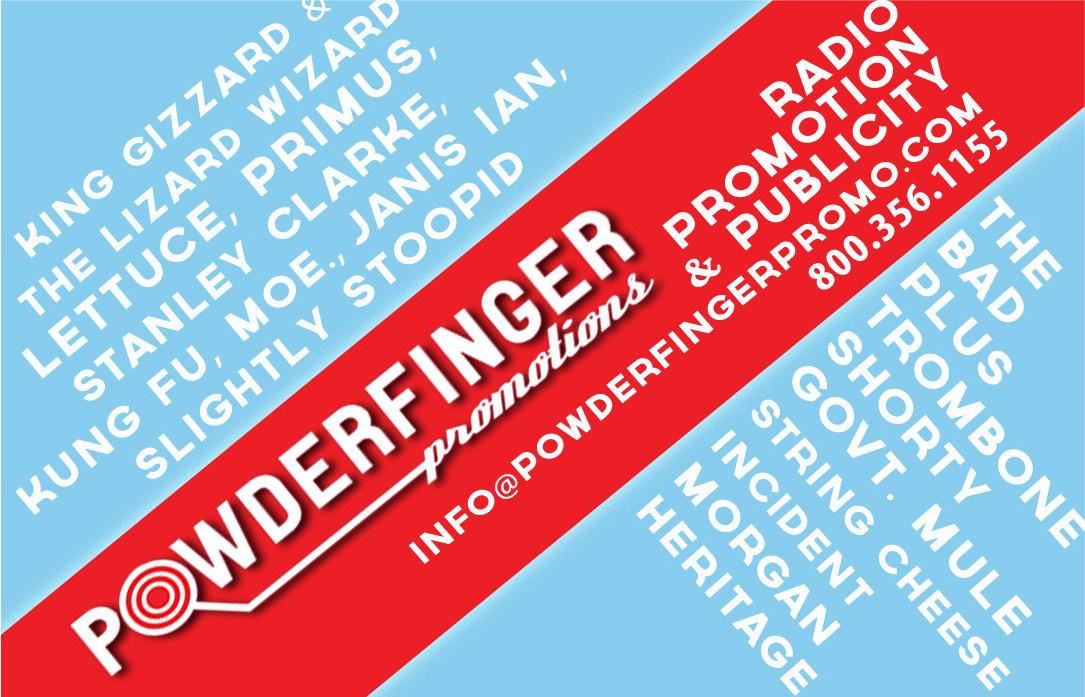
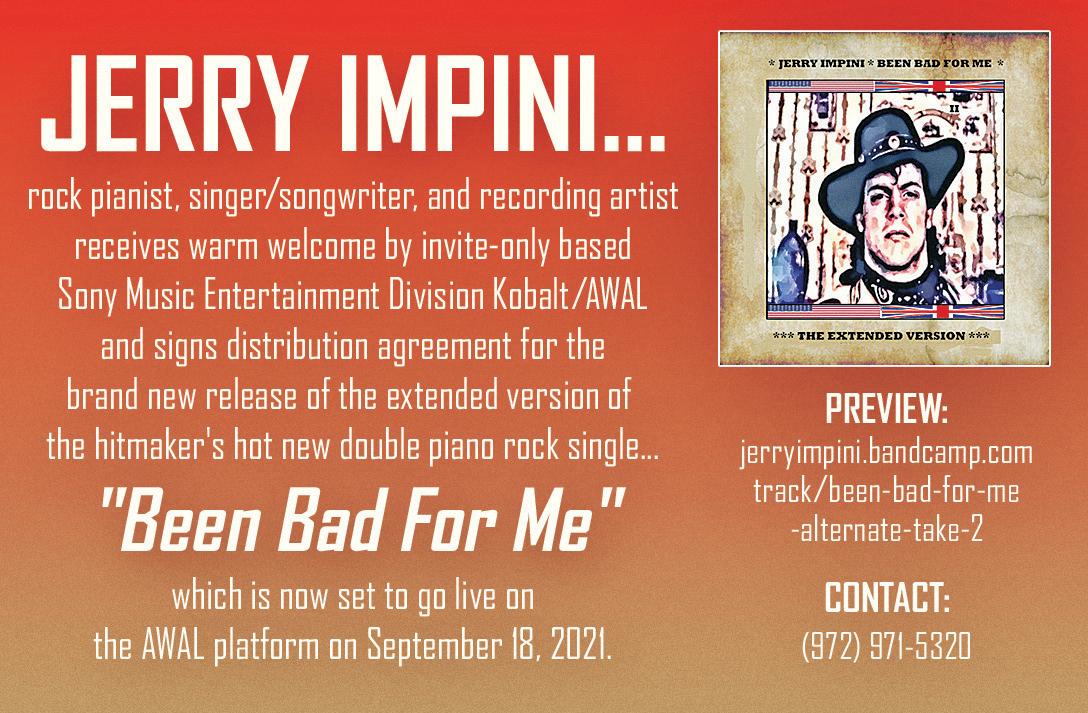
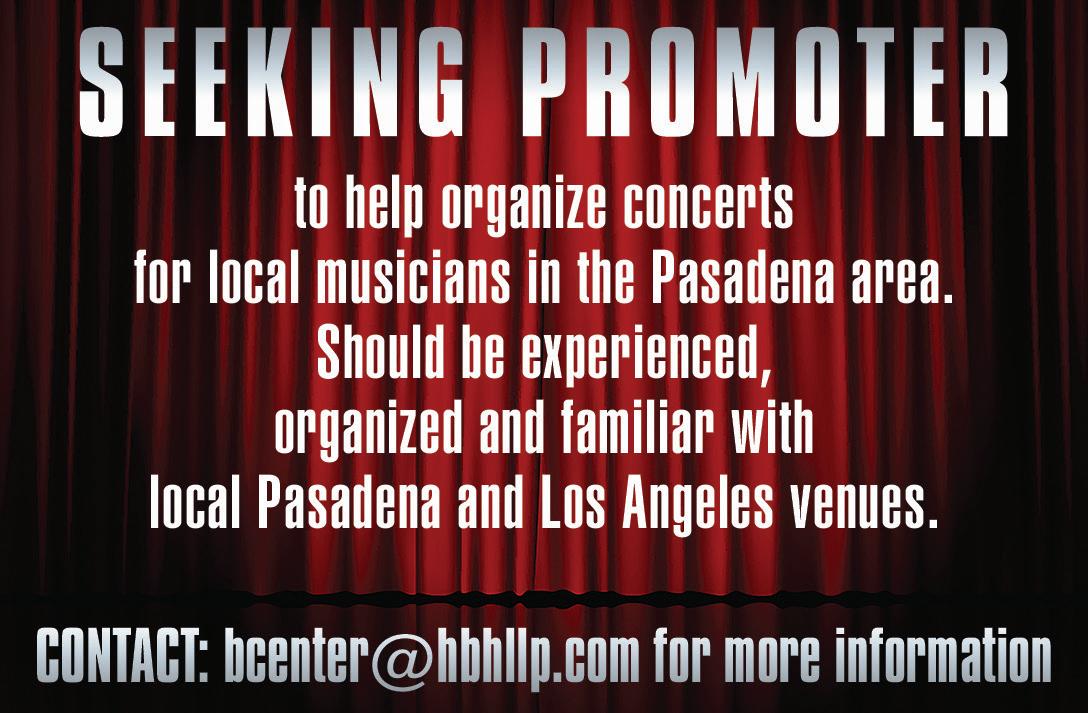
ADRIAN GURVITZ
Producer Adrian Gurvitz began his career before many multi-Grammy winners were even born. A lifelong guitar player, his introduction to performance was as a street busker in London. His frst hit “Race with the Devil” came in 1968 with his band The Gun. Following that, he was invited by Buddy Miles to tour America, where legendary drummer Ginger Baker invited him to form Baker Gurvitz Army. Later he found that he had a talent for production and fnding artists with promise.
One of his recent discoveries is singer Andra Day, and together they collaborated on her Grammy-nominated debut Cheers to the Fall. With respect to established artists, he counts Stevie Wonder, Chicago and Steve Perry among his successes.
Gurvitz often produces and then shops talent to labels. “For the last decade or so I’ve enjoyed developing artists,” he observes. “I wasn’t making records on my own anymore, but I still needed an outlet. I try to fnd ones that I can work with and they’re usually completely unknown. I was out picking up some pizzas one night when I ran into Kai Milla, Stevie Wonder’s [then] wife. She showed me Cassandra Batie [Andra Day] on YouTube. I reached out to her and we spent nearly a year making 27 songs. She went on to have her debut nominated for a Grammy.
“For the most part, artists come to me,” he continues. “I have a fftyyear name behind me. A young woman [with the stage name of King] came from Utah and literally knocked on my door. I loved her voice––a cross between Erykah Badu and Sade––and we’re about halfway through her album now. It was hard to fnd the right direction, but after seven months I found the perfect song for her.”
One of his favorite studio anecdotes is of the time when he was working with British artist Pixie Lott. For the track “Stevie on the Radio,” he’d invited longtime friend Stevie Wonder to guest on harmonica. “She was here at 11 a.m. waiting with baited breath,” Gurvitz recollects. “Stevie called and said he’d be here at 1. Later he called to say he’d arrive at 3. This went on until about 11 p.m. when I called [Beverly Hills restaurant] Mr. Chow, where he often eats. He was there and said he’d be at my studio by midnight. He didn’t show and I went to bed. At 3 a.m. he called and was outside. I let him in and presented a harmonica I’d bought especially for him. He didn’t like it and pulled out a giant one from his back pocket. He got it in one take. But he had one note he didn’t like and wanted to drop it. He got it dead perfect on the second take. Some time after that, I was at dinner with him. Pixie was there with her mother, so I brought her over and introduced them.”
Artists have long held a reputation––fairly or not––for being temperamental and, indeed, difficult on occasion. One of Gurvitz’s more memorable challenges is when he’d fown in a singer from England to record some tracks. “I picked her up at the airport, brought her to my studio and that’s when she told me that she didn’t sing in front of people,” he recalls. “I took her back to the airport and sent her home.”
Artists he’s developing and aims to pitch to labels once the wrath of the pandemic has been appeased include English R&B singer XAHLI and alternative artist Buel. Although he’s worked at spaces throughout the world including Abbey Road, Gurvitz now creates largely at his pro-grade home studio that’s awash in vintage gear.
. . . lessons he’s learned as a producer are: • You’ve got to have the right song first. If you don’t, invariably it’s not going to work. • Have a great singer. Without one, you’re compromised from the start. • Have the patience to put it all together and bring it home.
